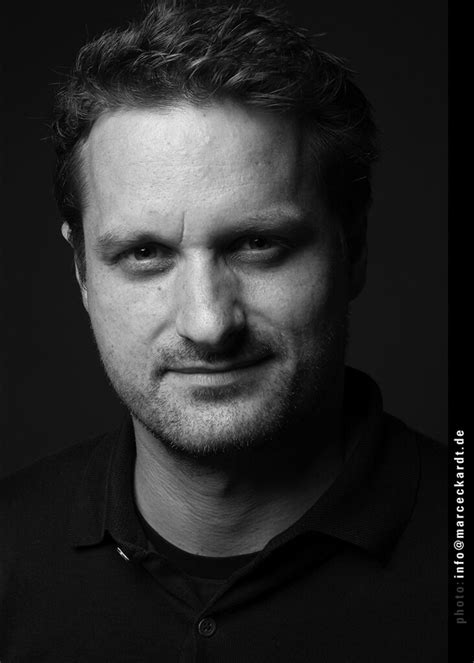A Quote by Rebecca Solnit
Previous technologies have expanded communication. But the last round may be contracting it. The eloquence of letters has turned into the unnuanced spareness of texts; the intimacy of phone conversations has turned into the missed signals of mobile phone chat ... ('you're breaking up' is the cry of our time).
Related Quotes
A couple of years ago, I went to dinner with a very high-profile source, and out of respect, I put my phone down for, say, an hour and a half. And during this dinner there was a major breaking story related to the Secret Service. When I picked my phone back up, I had missed about 50 emails and seven phone calls from the network.
The dynamic is unmistakable: fixed lines for phones have been declining at a three-percent rate for the last several years, while the number of Americans opting for cell phone calling keeps increasing. If you are a fixed line provider this trend means trouble. Many of the fixed mobile convergence strategies under consideration end up utilizing a smart phone or dual-mode VoWLAN/Cellular phone that works like a landline phone in the local area and then converts to cell phone calling.
I was going to be a writer, and that turned into journalist. And then that turned into a career in children's literature, which turned into early childhood education, which turned into psychology, which turned into premed, which turned into nursing school, which turned into communication, which turned into marketing and advertising.
Instagram was the first one I jumped on to, and I realized it's more about checking in with your friends and seeing what they're doing. It's weird how it's turned into something that's so prominent in our everyday lives. We're all hooked to our phone because of social media, and it's great that we can stay connected, but at the same time, I like frolicking outside and not looking at my phone. So it's hard to find that balance.
If you believe that the mobile phone is the next supercomputer, which I do, you can imagine a datacenter that is modeled after, literally, hundreds or thousands or millions of mobile phones. They won't have screens on them, but there'll be millions of lightweight mobile-phone processors in the datacenter.
It's hard to say conversation has become a minimal thing, because look at the rise of mobile communications in the last 10 years. It used to be only the President had a mobile phone. Now everyone on earth, even if they have nothing else, they have a cell phone. It's a larger anthropological shift in my mind than even the tattoo age in the United States.
In Indonesia, Qualcomm, in a joint project with Grameen Foundation, has provided a range of mobile phone-based services to individuals. This project facilitates the creation of businesses for those living at the bottom of the economic pyramid and, at the same time, extends telecommunication access to people who cannot afford a mobile phone.





































